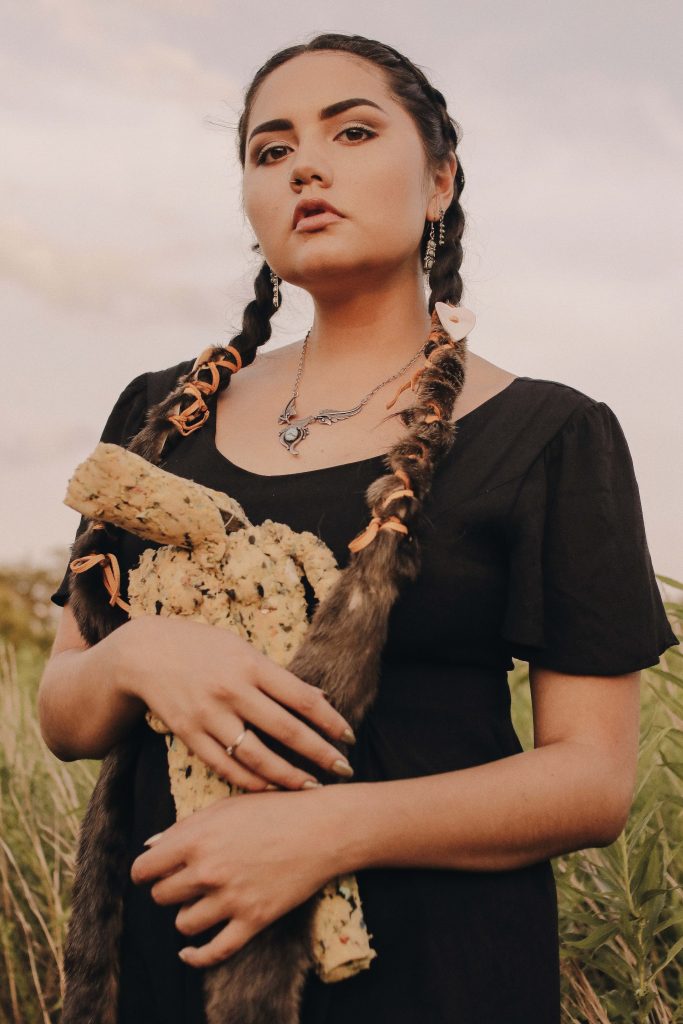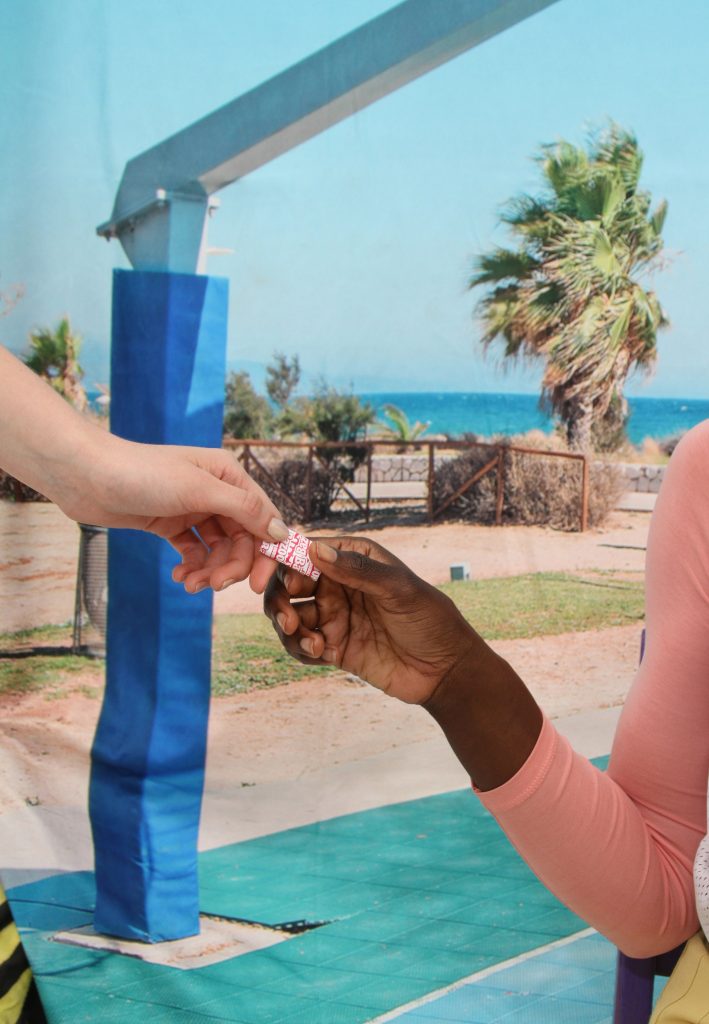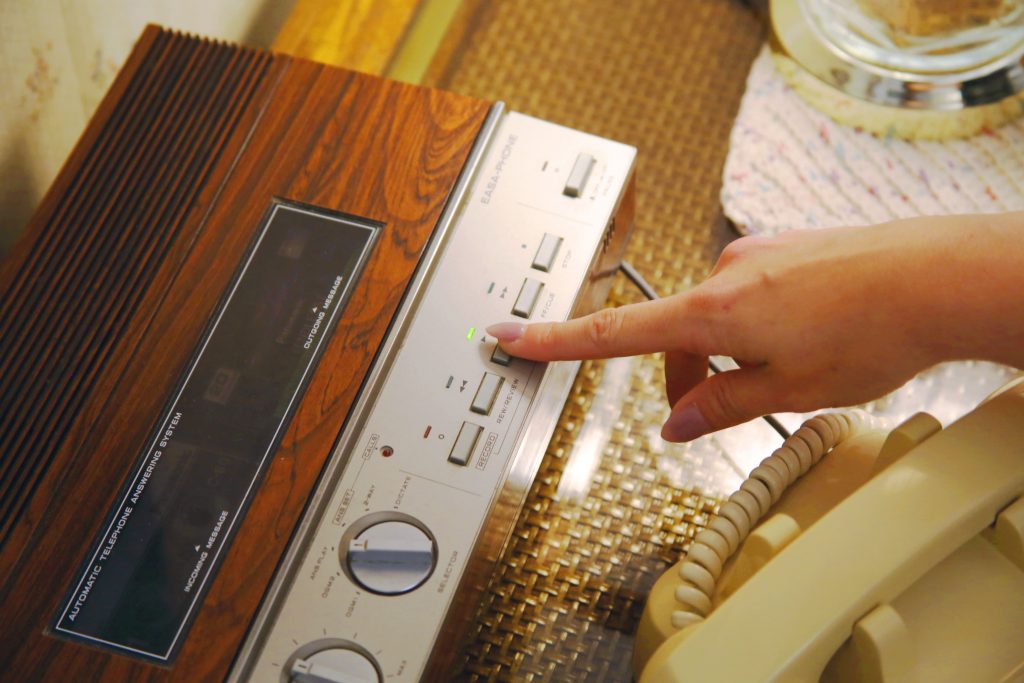ON TUESDAYS AT NOON, the parking circle at Vanderbilt’s Curb Center was filled to capacity. The visitors all had two things in common: they had been touched by cancer in some way, and they were there to write. The group included cancer patients and survivors, loved ones and caregivers. Sometimes they wrote explicitly about cancer: the loss of a partner, the weight of a prosthetic breast, the cold rush of IV chemo. Other times, the writers found great joy in not writing about cancer, in celebrating the many other aspects of their lives and identities. This past year, the highlight of my creative writing fellowship at the Curb Center was leading the expressive writing workshops. The writers ranged from published poets to complete beginners who were giving themselves permission to write for the first time. Each time we met, I was deeply moved by the emotion and specificity in the writing, by the growing sense of community in the room, and by everyone’s bravery to write against cliché, against the expected narrative, in order to tell their own stories. The following are excerpts of fiction, memoir, and poetry written by some of the workshop members.
—Anna
LOST
By Molly Zirkle
Of all the things I’ve lost, I miss my eyelashes the most.
But I’ve gained hindsight. Hindsight to see that reconnecting with the sister of a college friend wasn’t random. Hindsight to see that chatting with a fellow churchgoer during our daughters’ gymnastics class wasn’t random. It was part of God’s bigger plan. They were both diagnosed within six months of these encounters. And became two of my biggest cheerleaders.
Of all the things I’ve lost, I miss my slim fingers the most.
The finger that fit two rings. One given when I said “yes.” The other when I said “I do.” But I’ve gained proof. Proof that the man who put those rings on my finger meant his vow. In health . . . and in sickness.
Of all the things I’ve lost, I miss my waistline the most.
My waistline that also disappeared six years ago, as I celebrated bringing the one and only life I will bring into this world. But I’ve gained another birthday. A birthday to celebrate the day I became cancer free. A birthday I share with the daughter of a friend. Born the same day, in the same hospital. She gave me motivation to get out of bed and wheel through the halls to visit this precious new life.
Of all the things I’ve lost, I miss my estrogen the most.
But I’ve gained . . . Sore feet. A slow metabolism. A quick temper. Little patience. Anxiety. Brittle, thin fingernails. I’m not sure of the positive gain . . . yet. So, I will still run my race.
DEFACE
By Jamie Zoe Givens
Alejandro Mar stares at a bra filled with double-D prostheses his aunt wears with her church clothes. He pulls out the cold, wet-as-flesh fake breasts from each pocket. He drops the mastectomy bra and stands in his aunt’s bedroom holding a prosthesis in each hand, noting the weight, squeezing fingers, wondering if this is how his own breasts would feel if he’d been born a woman.
Once, he asked his Aunt Yolanda why she wore the breasts part time. She said they were needed when she wanted a man’s help like mechanics or plumbers, or at dances when she didn’t want to be misidentified as a man.
Arching his long back, Alejandro places each carnation pink slab over his nipples. He looks in the dresser mirror but avoids looking at his crustaceanred, scarred, misshapen nose. The flaps of fake breasts fall off his chest, and Alejandro wonders what his friend, Pedro, would think.
OLD BARS
By Arnie Reed
Old bars have that smell. Decades of stale smoke mix with decades of stale beer The old men line the barstools as George Jones cries from the jukebox.
Outside the vans wait to be unloaded. The heavy pieces come in first, rolled on dollies past the wall lined with newspaper clippings announcing victory over the Germans, then Japan’s surrender, all of which took place as I was growing in my mother’s womb.
But there is no time to linger. The boxes and bags must be unloaded, fathoms of wire to uncoil, snake and connect, lights to raise and focus, PA speakers to hoist, problems to solve.
Then come the amps and instruments hauled in one by one, unpacked, set up and wired together, cases stacked in a side room.
The crowd begins to shuffle in and take their places. The pitchers of beer appear and glasses clink as the drummer counts off and we play our sound check song, “Slow Down.”
I have prepared for this moment all my life. Piano lessons begun when Harry Truman was president and those clippings had not yet begun to yellow.
Learning to play piano on guitar songs in guitar bands learning to listen, learning to fit in.
Big stages, small stages, no stages, Moose lodges, VFWs, churches, community centers, Holiday Inns, country clubs, weddings, bar mitzvahs, bat mitzvahs, christenings, tour boats, inside, outside, rain, snow, ice, sleet, and sweltering sun.
Rock, blues, country, folk, originals, covers. Nights smooth as silk, train wrecks, responsive crowds, dead crowds, no crowds, fights, drunks, and empty rooms. And the delicate balance of personalities and priorities, home life and work life. Hours of driving, hours of practice. All for this moment.
Beauty meets Truth in this smoky bar. Our well-rehearsed band rolls out 90 minutes of non-stop synchrony, perfect harmonies split the stale air, as couples begin to leave their seats and move to the beat.
A new sonic reality is brought into beingfor three minutes at a time. The old men forget their time in the trenches, and the young people move their bodies to a new perfection that sweeps us all along in a river of benevolent energy.
Forty-eight songs later, the bar is nearly empty as we play the last tune. Now begins the load-out. Wires unplugged, coiled and stowed, lights and speakers lowered, instruments carefully packed, equipment rolled out past the yellowed clippings and packed for the ride home. Fifty-eight dollars for my wallet, one last check, and we are on our way. On the way down I-40, my eyes feast on the Cheshire Cat moon as it smiles above the pines.
It was a good night.
THE GOOD WITCH
By David Kitchell
They are vacuuming glitter From the floor of my car At the carwash. It’s winter And she lives in another city.
I had ambled around, shirt stuffed With straw, while she waved her wand Above a blue strapless dress And threw glitter over everyone all night.
I waited as long as I could To get the car cleaned. Road salt causes rust, Though, and here I am. Those cold men Don’t care where the glitter goes, And labor unaware Of the light in which they shine
Suggested Content

Chelsea Kaiah James
Why aren't there any ears sculpted onto the presidents of Mt. Rushmore? Because American doesn't know how to listen. - Unkown

Contributor Spotlight: Dylan Reyes
When I create, I often think of what Johannes Itten said, “He who wishes to become a master of color must see, feel, and experience each individual color in its endless combinations with all other colors.”. I’m also inspired frequently by love and loneliness and want folks consuming my work to be encouraged to start paying attention to the little details in everyday life, appreciate the simple things, and let them eventually inspire you! Ultimately, I’m just trying to become a mother fuckin master of color.

Secondhand Sorcery
A look inside the beautifully cheesy world of Crappy Magic
